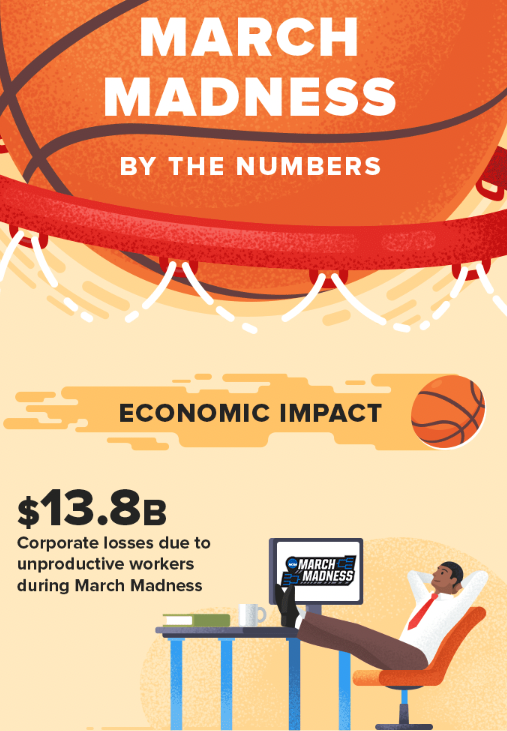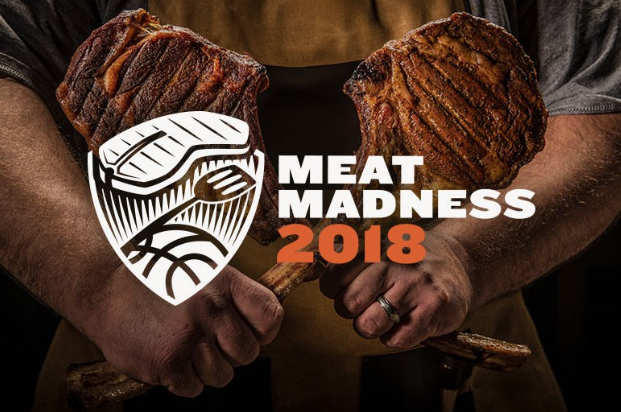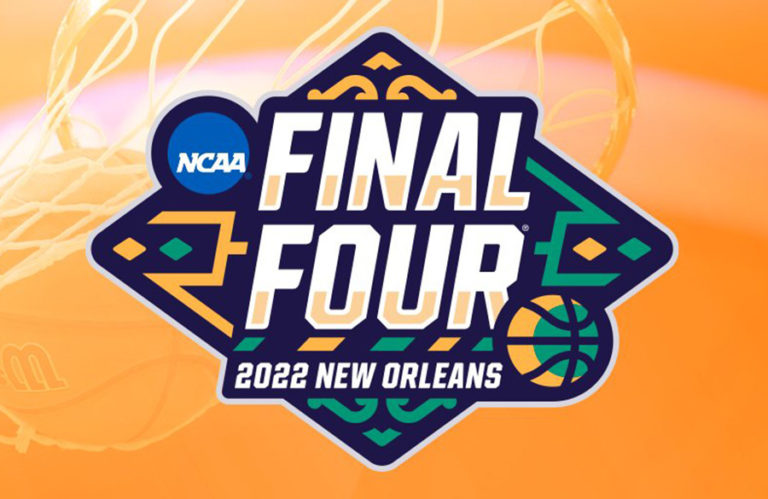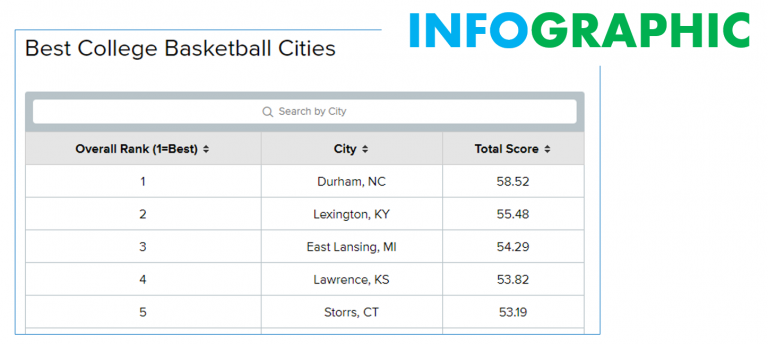March Madness Classroom Resource Pack
March Madness 2022: Resource Pack
This area of SCC’s website is dedicated to EXCLUSIVE “bonus” available on-demand to SCC subscribers. This segment encourages you to capitalize on the excitement leading up to March Madness to help teach concepts like promotion, ambush marketing, advertising, revenue, event marketing and much more.
Use the guides below to help determine which content areas of the textbook to help steer your conversation in class and for some activity and project ideas related to March Madness. Consider using these activities to help steer your March Madness conversations with students to align with lessons from SCC’s digital textbook, The Business of Sports & Entertainment (2021-22 School Year Edition).
March Madness by the Numbers (INFOGRAPHIC)
Infographic Overview: WalletHub’s annual “March Madness by the Numbers” infographic offers a fantastic opportunity to discuss a wide variety of sports business concepts.
Curriculum Connection:
- Lesson 1.3 – Fandom
- Lesson 2.9 – Event Management & Marketing
- Lesson 3.2 – Revenue / COVID-19 / Broadcast Rights / Advertising Sales
- Lesson 3.5 – Economic Impact
- Lesson 4.7 – Advertising
- Lesson 9.1 – Ticket Sales
- Lesson 11.6 – Social Issues (NIL / Gambling / Gender Equality in Sports)
Click here to view the infographic on WalletHub’s website.
Ambush Marketing
Activity Overview: Ambush marketing occurs when a brand attempts to connect to an event already sponsored by a competitor without paying any direct sponsorship fees of their own. For the last few years when the basketball tournament was held, a company that manufactures grills (Traeger) created a “Meat Madness” meat smoking competition tied to the NCAA Tournament. Traeger’s strategy provides us with a great opportunity to discuss the concept of ambush marketing in class.
Click here to view Traeger’s #MeatMadness competition online.
Curriculum Connection:
Teacher Note: We also posted a similar example in the weekly current events (“Competitive Edge”) section of the website on 3/15/21, discussing Avocados from Mexico’s recent promotional push. Click here for the link to the story and the classroom discussion questions. Consider using that news story as an alternative or pair it along with this Traeger example when exploring the concept of ambush marketing with your students.
- Lesson 7.6 – Promotion
- Lesson 8.4 – Ambush Marketing
Student Discussion:
Here are several ideas for ways to engage your students in class with an ambush marketing discussion and/or activity:
- Identify three examples of ambush marketing
- Identify three examples of official March Madness sponsors
- Discuss whether ambush marketing is legal and/or ethical
- Ask students if they think the Traeger example illustrates the concept of ambush marketing
- Assign student groups a specific brand and ask them to create an ambush marketing strategy that attempts to connect the brand with March Madness (and present that strategy in class)
College Basketball’s Most Valuable Programs
Discussion Overview: While a big upset might help boost interest in attending smaller basketball schools, the blue blood “name brand” schools can generate massive amounts of revenue (in a non-pandemic year of course). According to the latest Yahoo! report, Louisville ranks as the most valuable men’s college basketball program in America.
Curriculum Connection:
Teacher Note: Consider using this Yahoo! news story to help you to explore the following sports business concepts with your students:
- Lesson 1.3 – Fandom
- Lesson 3.2 – Revenue
- Lesson 11.7 – Social Issues & NIL (Should college athletes be paid?)
Student Discussion:
- What is fandom?
- How might some of the fun facts in this infographic illustrate the concept of fandom?
- How might fandom impact the value of a college basketball program?
- How do collegiate athletic programs generate revenue?
- How has the pandemic impacted how college basketball programs generate revenue?
- How do collegiate athletic programs achieve a profit (be sure students understand the difference between revenue and profit)?
- How does an athletic conference (like the ACC or Big 10) benefit when one of their members (teams) makes it to the Final Four?
- If programs like Louisville and Duke are so profitable, why don’t players get paid?
- Should players get paid? Why or why not?
Best College Basketball Cities
Discussion Overview: The results are in! WalletHub recently released their annual report of the best and worst cities for college basketball fans. The cities were analyzed through a variety of metrics and their website allows for fans to sort some of the data so it could provide a resource for some fun discussions in class. The report also includes a nifty interactive infographic.
Curriculum Connection:
- Lesson 1.2 – Fandom
- Lesson 4.4 – Market Segmentation
- Lesson 8.3 – Sponsorship Decisions
Activity Idea:
- Break your class in to 4-5 groups.
- Assign each group a specific consumer brand (or brand category like “soda” or “auto”).
- Utilizing the data from this study, have them identify the top three markets for which their brand might consider investing in college basketball-related sponsorship programs and which they might want to avoid (ie – Ford in East Lansing, Michigan vs. McDonald’s in Huntsville, Alabama).
Student Discussion:
- What is fandom?
- How might the concept of fandom influence a list of “best cities for basketball fans” like this one?
- Who might find the results of this report to be valuable?
- What is market segmentation?
- How might the concept of fandom help a sports marketing professional identify a target audience?
- How might fandom and market segmentation help a brand to make decisions relating to sponsorship?
- What is market segmentation?
- Do you think college basketball fans and NBA fans might have different consumer preferences?
- Do you think the best NBA basketball cities might be different from the best college basketball cities? Why or why not?
- What do you think is the best basketball city in America?
Share on facebook
Share on twitter
Share on linkedin



